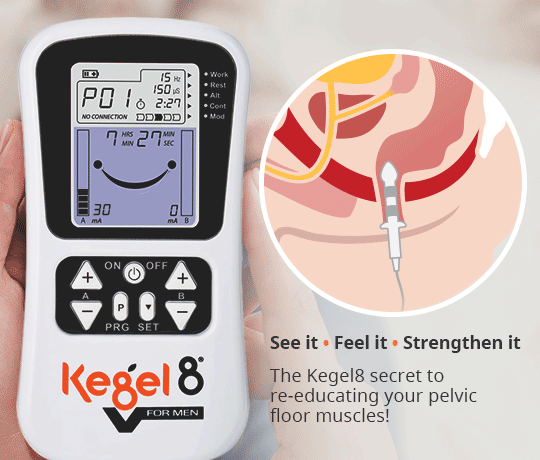
Many men experience a variety of bladder-related problems, the bladder is vital for storing and expelling urine, and any disruption to its normal function can lead to discomfort and potential health concerns. Here's a closer look at common bladder issues that can affect men:
Urinary Incontinence: Unexpected urine leakage can be a concern. There are several types:
Stress Incontinence: Leaks occur with sudden pressure on the bladder from coughing, sneezing, laughing, or physical activity.
Urge Incontinence: Known as overactive bladder (OAB), this presents a sudden need to urinate and can result in leaks before reaching the restroom.
Overflow Incontinence: The bladder doesn't empty entirely, resulting in regular dribbling.
Functional Incontinence: Physical limitations prevent timely restroom access.
Urinary Retention: Sometimes the bladder may not empty fully or at all. Causes can range from nerve damage, muscle dysfunction, or urinary tract obstructions.
Overactive Bladder (OAB): This is marked by frequent urges to urinate, often leading to urgency and sometimes incontinence.
Bladder Stones: Mineral deposits can accumulate in the bladder, causing pain, increased urination, and emptying issues.
Bladder Infections (Cystitis): Infections can result in urgency, frequent urination, burning sensations, or lower abdominal pain.
Haematuria: Spotting blood in the urine could indicate various conditions, from infections and stones to bladder or kidney cancers.
Bladder Cancer: Tumours can form in the bladder lining, leading to symptoms like blood in the urine or painful urination.
Neurogenic Lower Urinary Tract Dysfunction: Neurological conditions can hamper nerve signals, leading to bladder and sphincter control problems.
Prostate-Related Issues: An enlarged or inflamed prostate can pressure the bladder, causing frequent urination, urgency, or retention.
Bladder Outlet Obstruction: This can result from various issues, including an enlarged prostate, leading to difficulty in urinating.
The spectrum of bladder issues in men varies, and while some are mild and temporary, others can be more serious. If you notice any bladder-related symptoms, consult a healthcare professional or urologist for a comprehensive evaluation. Therapeutic approaches depend on the exact problem and can encompass lifestyle modifications, medications, behavioural techniques, physical therapies, or surgeries.







